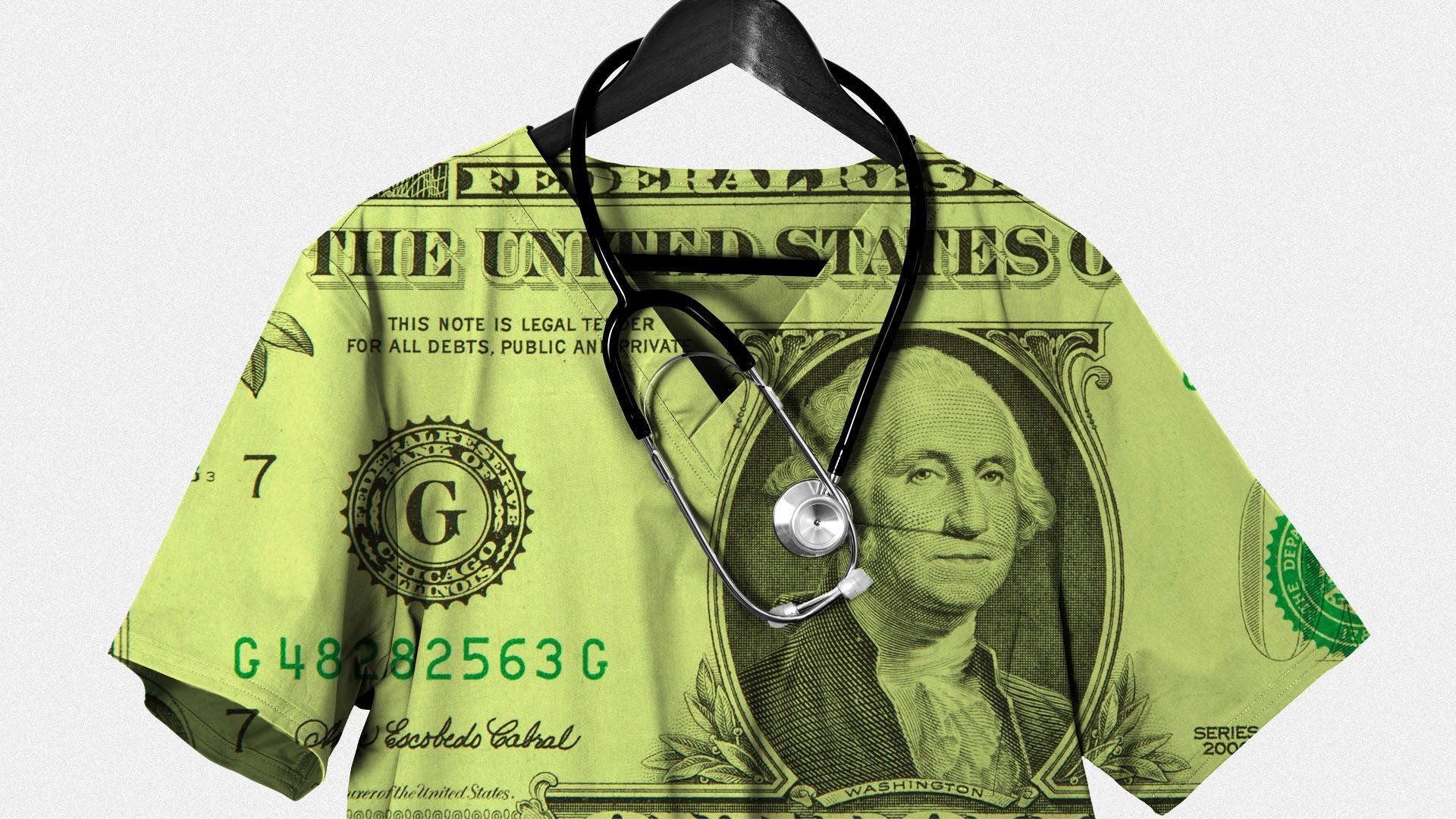| Pfizer says that at least some Americans will soon need a fourth shot of its coronavirus vaccine. The problem is that, if true, that may raise questions about the utility of the vaccine in the long run, Axios' Caitlin Owens writes. The catch: Regulators want to see more data before they're convinced another booster is necessary. If the data does show the third shot's ability to ward off severe disease drops after a few months, that may suggest Americans need a better booster. Driving the news: Pfizer announced Tuesday that it will submit a request to the FDA for a fourth dose of its COVID vaccine to be authorized for people 65 and older. - In an interview on Sunday with CBS' "Face the Nation," however, Pfizer CEO Albert Bourla didn't specify which age groups he thinks will need a fourth shot — which raised plenty of eyebrows.
- "We know that the duration of the protection doesn't last very long," Bourla said. "It is necessary, a fourth booster right now."
The other side: "Pfizer seems to be saying that, because their vaccine isn't very good, people need more of it. If FDA approves another dose it would make sense to use a stronger vaccine instead, like Moderna or eventually Novavax," said Cornell virologist John Moore. What they're saying: Officials will be paying close attention to effectiveness against hospitalization over time, NIAID director Anthony Fauci said in an interview. The big picture: The debate over a fourth dose is at its outset plagued by a familiar question: Is the point of the COVID vaccines to prevent infections, or to keep people alive and out of the hospital? Yes, but: There's plenty of emerging data that suggest protection against infection wanes pretty quickly after the third shot, and that Pfizer loses its effectiveness faster than Moderna. Experts say this is typical with vaccines. - Some experts think waning may have been accelerated by the Omicron variant, which the vaccine wasn't made to target.
What we're watching: Bourla told "Face the Nation" that Pfizer is trying to create a longer-lasting vaccine. Go deeper. | 








No comments:
Post a Comment